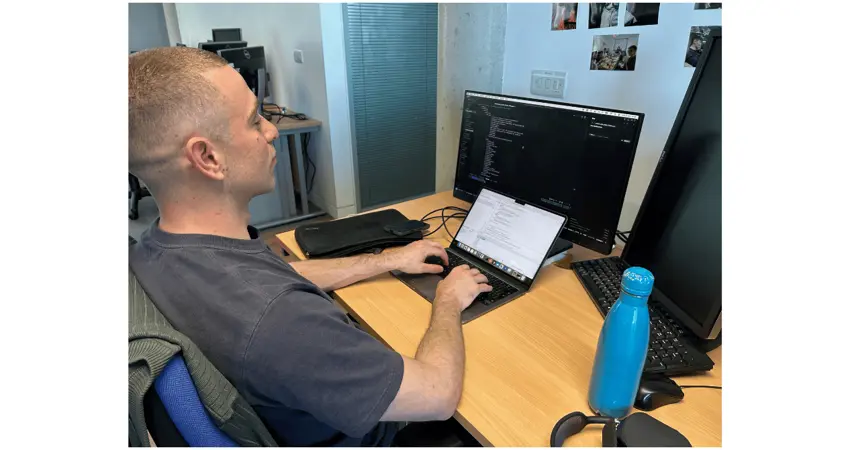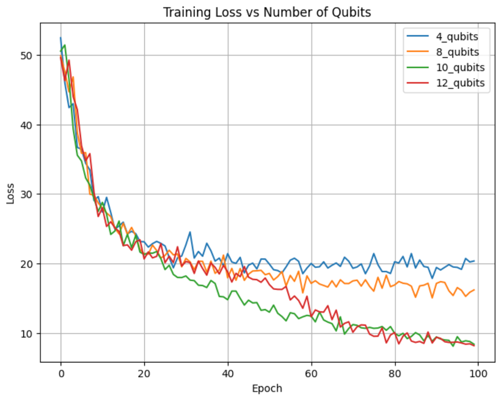10 Apr 2025
Power Systems Architecture Lab members win Worldwide Quantum Hackathon
Research focused on SDG 7 highlights how quantum computing could transform power grid management and sustainable energy

Team Control alt de Ligt got first place in prestigious Blaise Pasqal Quantum Challenge on 26 March, securing the €15,000 prize. The team, primarily comprising members of our Power Systems Architecture Lab (PSAL), had been at the forefront of research into quantum computation applications for energy system modelling.
Their winning solution leveraged neutral atom quantum computers to tackle the Economic Dispatch (ED) problem in power grids. The innovative approach employs two methods: using analog quantum computing for optimization and training a Quantum Neural Network (QNN) with generated solutions on a digital quantum computer.
The competition attracted 850 participants from 70 countries to create apps using Pasqal's quantum computers for the UN's Sustainable Development Goals. Team Control alt de Ligt focused on SDG 7 – Affordable and Clean Energy, showing how neutral atom quantum computers can solve energy problems more efficiently than traditional methods, leading to big energy savings. The winning team included Erik Millar, David Smith, Xiangyue Wang, Tita Rosemeyer, Max Schweikart, and Asso Prof Thomas Morstyn.
Thomas said, ‘The hackathon was a great opportunity for us to learn how to use Pasqal’s neutral atom quantum devices and work together to demonstrate the value of our research for the transition to net-zero power grids’.

Performance of the QNN training on the Economic Dispatch problem
‘The team did an excellent job in devising a solution which used the breadth of the capabilities of the neutral atom quantum device. I’m very proud of the team and happy to have been a part of making it happen.’ Erik Millar added.
The prize showcases their innovative approach to tackling the growing complexities of Economic Dispatch in power grids. Their research explores how neutral atom quantum computers can offer a more efficient alternative to classical methods, particularly as renewable energy integration and electrification increase.

Process diagram of the solution exhibited in the report
Their findings show that quantum computing can make solving problems faster and use less energy, especially in large power grids. They estimate that using quantum computing could save 841 kW of energy for data generation and model training on a 10,000-bus power grid compared to traditional methods. They also found that the performance of Quantum Neural Network gets better as more qubits are added, meaning future quantum technology could lead to even bigger improvements.
As technology continues to improve, with better control over the atoms and more qubits (the basic units of quantum computers), the team expects even better results soon. Their work supports the United Nations' goal of providing affordable, reliable, and sustainable energy worldwide.




